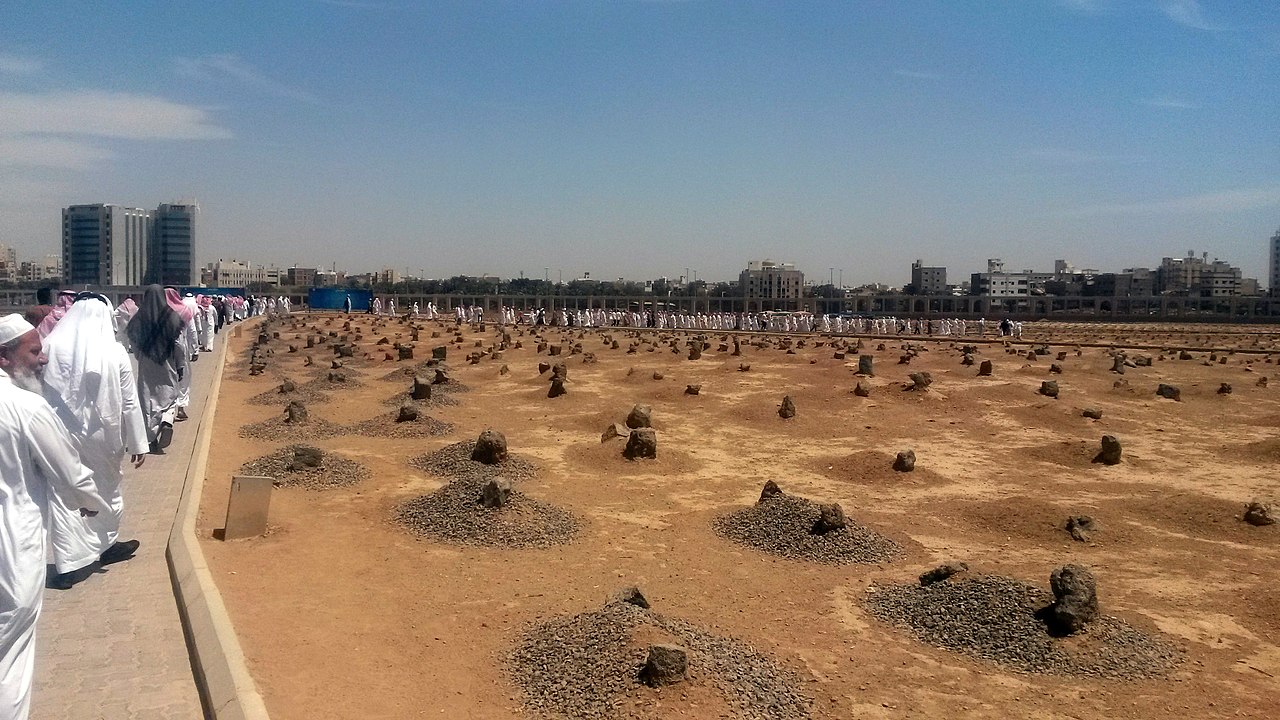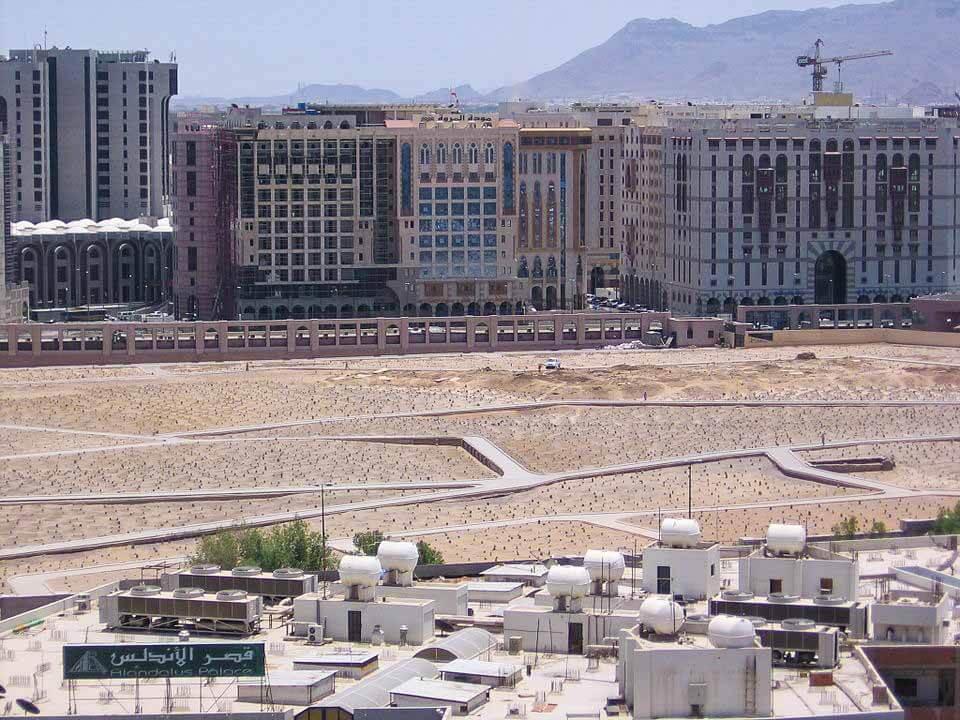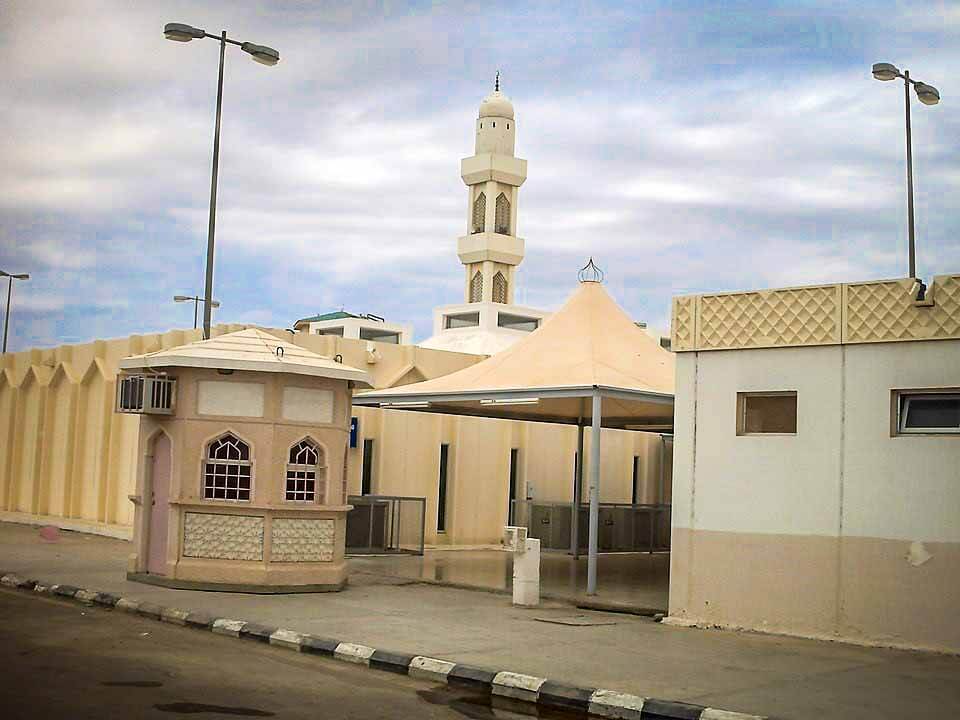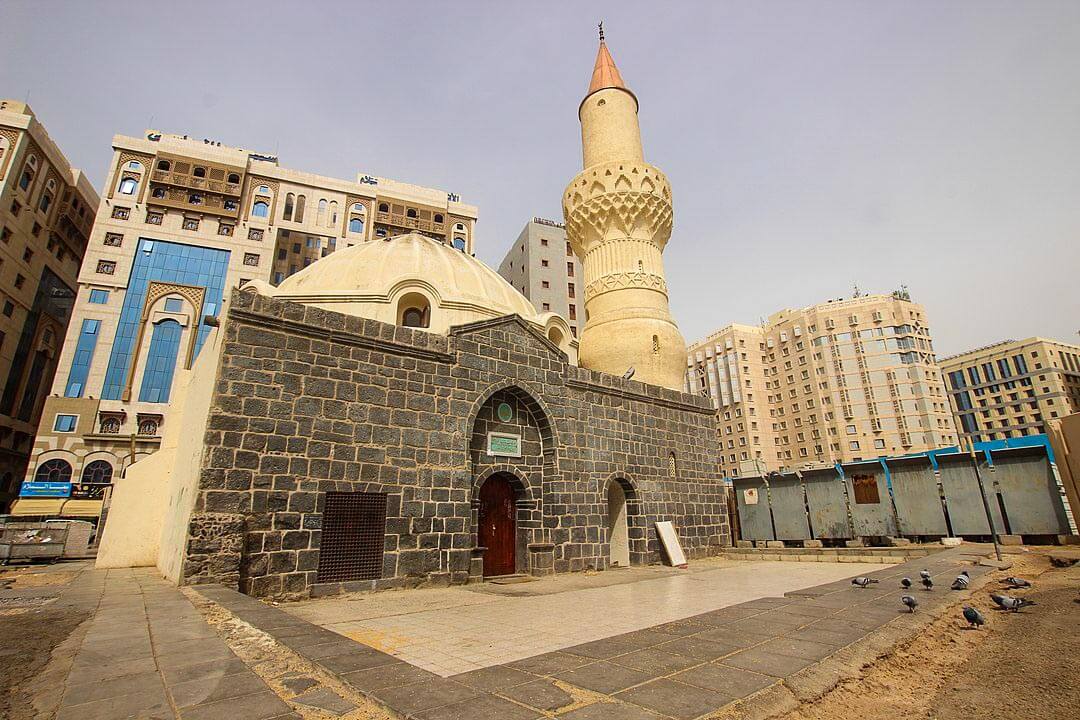Medinah Sharif, Saudi Arabia
Coordinates: 24.467331, 39.613871
Bibi Maria bint Shamun رضي الله عنها, better known as Bibi Maria al-Qibtiyya رضي الله عنها was the last wife of Hz. Prophet Muhammad ﷺ and an Egyptian who, along with her sister Sirin, were sent to the Beloved Prophet Muhammad ﷺ in 628 as a gift by Muqawqis, a Christian governor of Alexandria, Egypt during the territory’s Persian occupation.
She and her sister were sent as gifts. She spent the rest of her life in Medinah Sharif where she embraced Islam and lived with Hz. Prophet Muhammad ﷺ when she bore a son, Hz. Ibrahim رضي الله عنه. The son died as an infant and then she died after five years as well.
Village where she lived in Egypt
The village where Bibi Maria al-Qibtiyya رضي الله عنها was born; the village of “Sheikh Ebada” was named after the follower Hz. Ebada bin al-Samit رضي الله عنه, still has the remnants of the house where Lady Maria lived and a mosque named after her.
The origin of the area is a village called Psa, which was an ancient Egyptian god. It was built on the city of Hibeno Ati named after the special physician of Ramses II, king of Egypt.
The village where Bibi Maria al-Qibtiyya رضي الله عنها was born and raised has Ancient Egyptian, Roman, Coptic and Islamic monuments.
“In the times following the Pharaonic era, the village was called “Hufn’, and in the Islamic era, the followers of the Hz. Prophet Muhammad ﷺ looked after the village, and Hz. Muawiya رضي الله عنه exempted it from the levies.
According to many historical sources, after Hz. Amr ibn al-Aas رضي الله عنه took command of Egypt, the armies led by Hz. Ebada bin al- Samit رضي الله عنه arrived at the village, and when he was told it was the birth place of Bibi Maria al-Qibtiyya رضي الله عنها, wife of Hz. Prophet Muhammad ﷺ, he decided to stay there.
He built a mosque close to Bibi Maria al-Qibtiyya’s رضي الله عنها home, and it became the first mosque in Mlawi.
Hz. Ebada رضي الله عنه settled in that area and made it his residence, and thus the village was named after him “the village of Sheikh Ebada.”











